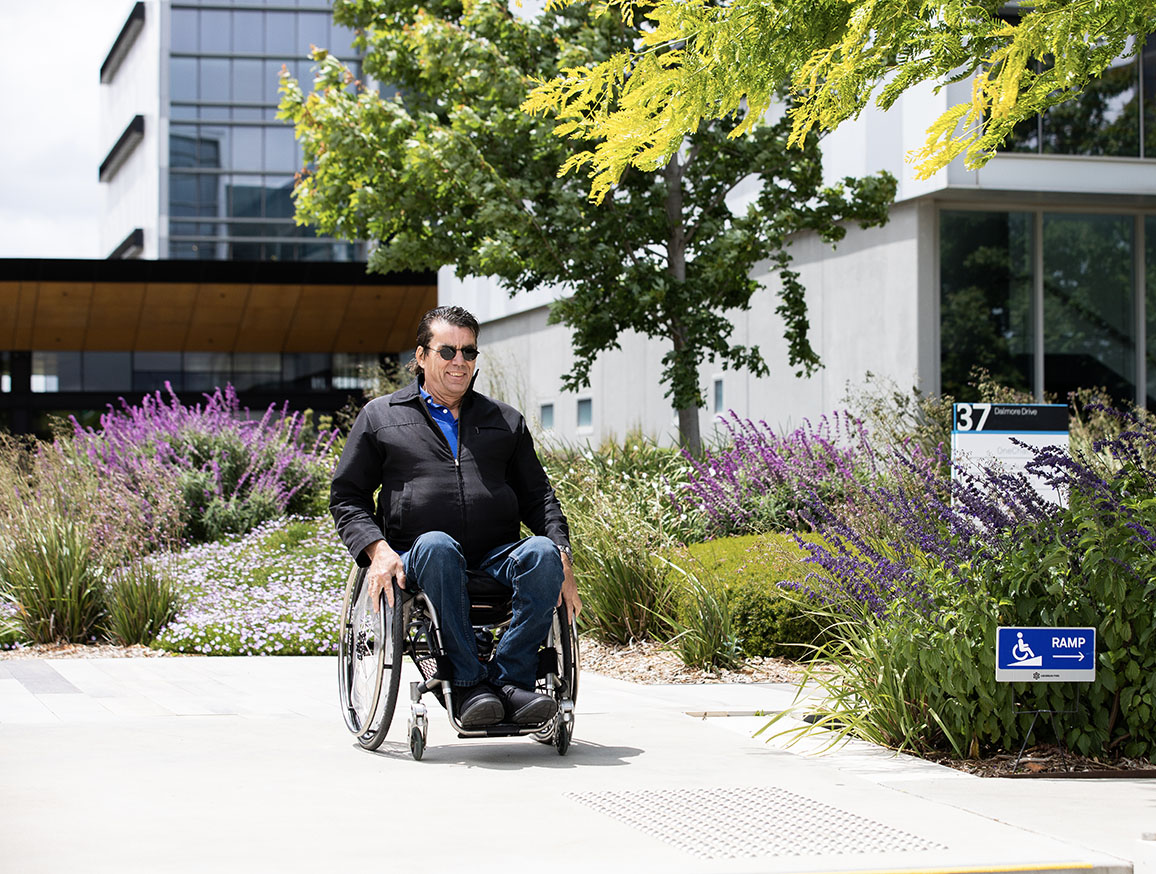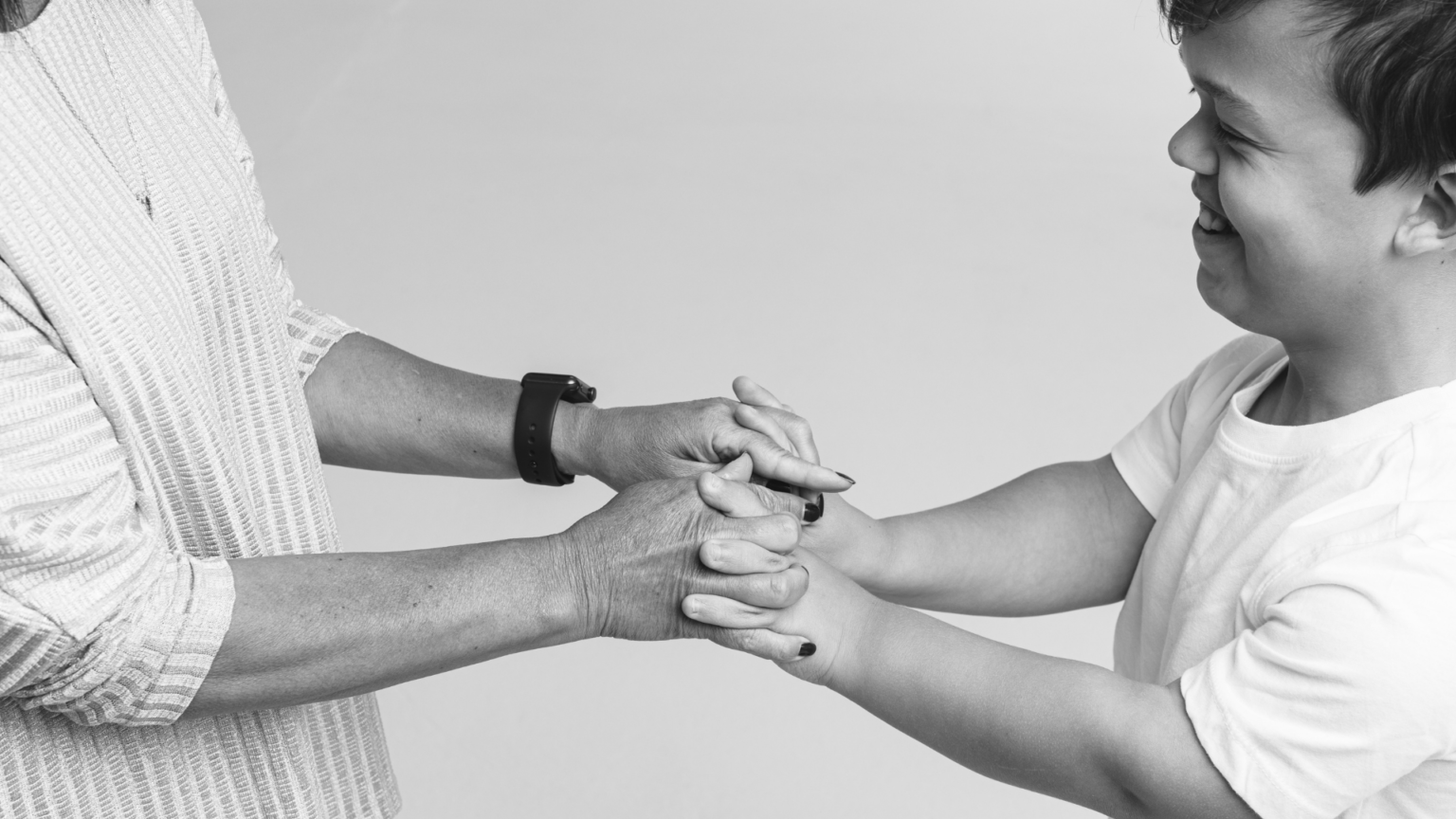What is the difference between SIL and SDA?
If you or a family member have an NDIS plan, you may have heard these two terms: SIL and SDA. But what’s the difference between them?
SIL stands for Supported Independent Living, while SDA stands for Specialist Disability Accommodation. While the two terms sound similar, they are quite different in application.
Read on to learn more about the crucial differences between these two funding options.
What is Support Independent Living (SIL)?
Some NDIS recipients may require the supervision or support of paid support workers to help them live as independently as possible. SIL may assist people living alone, or a group of people living in a shared home.
SIL may include help with:
- Personal care, i.e. showering and dressing
- Household tasks, i.e. shopping, preparing meals, and cleaning
- Medical needs
- Behaviour and social skills
- Clinical support, i.e. administrating medication
- Medication management
NDIS participants may access three levels of funding—’lower needs’, ‘standard needs’, and ‘higher needs’. ‘Lower needs’ covers regular supervision, ‘standard needs’ covers around-the-clock active assistance, and ‘higher needs’ covers continuous and complex aid.
NDIS participants can access SIL funding as part of their NDIS plan. An NDIS planner will help participants figure out if SIL is right for them.
What is SDA in NDIS?
SDA funding is available for NDIS participants with severe functional impairments or highly complex support needs. These participants cannot live in conventional housing and thus require specialist housing alternatives. Eligible participants will receive funds towards their housing costs through SDA payments made to an SDA provider.
To qualify for SDA funding, participants must need support with daily activities, including:
- Getting dressed
- Getting in and out of bed
- Moving around
- Meal preparation
- Community access
Alternatively, participants will:
- Have informal supports who don’t meet their personal care needs, or
- Have spent a long time in aged care or a group home, impacting their ability to live in alternative housing, or
- Exhibit behaviours that pose a risk to the participant or others around them and SDA could mitigate these risks
SIL and SDA exist independently. Some participants may receive SIL funding only, while others may receive both SIL and SDA.
NDIS Specialist Help and support
NDIS plans are complex and understanding them can be difficult. If you’re unsure whether you or a family member will benefit from SIL, SDA, or both, get in touch with an NDIS specialist at Instacare. We’re here to help you understand every step of the NDIS planning process.












